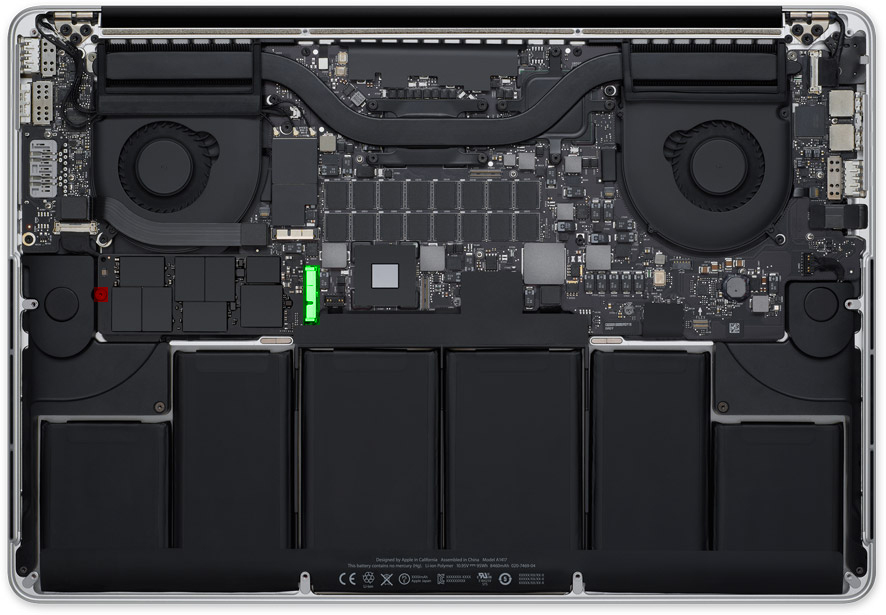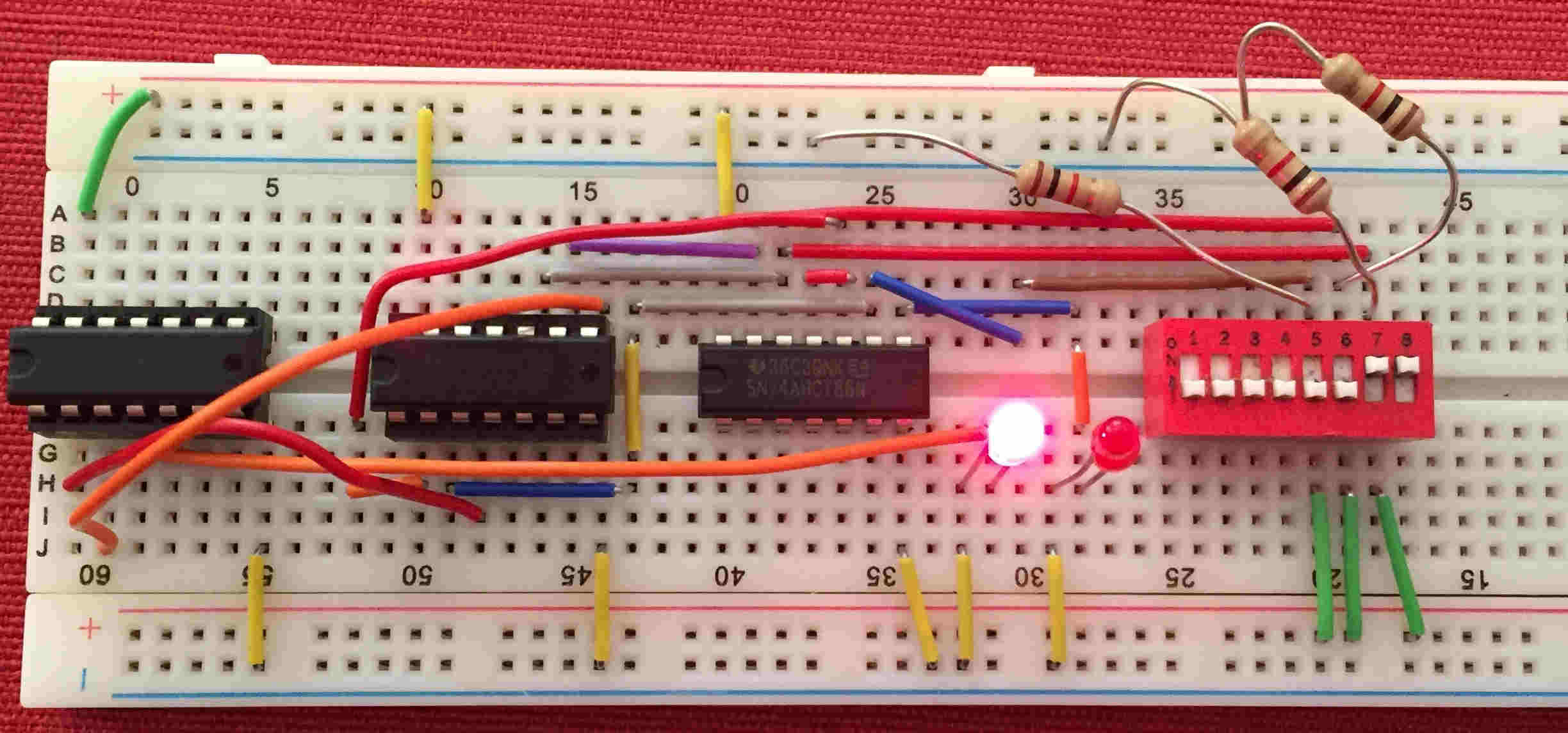You, a gentleman from the 1800s, discover a strange flat silver box, with a hinge at the front (or so it appears from the image of a fruit on the lid).

Under the lid, where you might expect to see a tray of chocolates, you see a tray of letters and symbols, randomly arranged. Perhaps you recognize the alphabet, but if so, it is scrambled, and placed in the middle of the tray, facing away from the hinge.
The letters appear fixed in place - trying to remove one with your fingers, it pops down as if on springs. They could be mechanical buttons, but none, at first glance, appear functional. If you have experience with typewriters, you might intuitively get the concept of keys; otherwise, you will at least understand the concept of buttons and an alphabet.
Below the buttons is a faint recess, such as one might rest a small lithographic print or business card into, but unfortunately there is none there: it is empty.
At the sides are various holes of various shapes, five on one side and three on the other. One looks like a coin-slot, the others are squarish and go in to various depths, some having golden metal springs within.
On further investigation, one button, the one on the top-right, appears to be a toggle, making an illuminated image of a beach appear and disappear from the inside of the lid.
When the beach is shown, so too is a small rectangle in the middle of that picture, containing the text "enter password".
Most of the buttons at that point add a dot to the box, the exceptions being:
- "delete" removes one of the dots;
- "enter return" makes the rectangle shake from side to side;
- "caps lock" makes a light on that key light up or go dark;
- "fn", "control", "shift", "alt option", "command" and the keys marked "F1" through "F12" do nothing;
- "esc" at the top left, and the strange symbol at the top right both turn everything dark again;
- Some arrow buttons move a blinking line left and right in the little rectangle.
You have, functionally speaking, plumbed the depths of this device. You take it and show it to the greatest minds in the nation: none discovers more about the picture box. Some propose that perhaps placing a lithograph into the tray below the buttons and pressing the correct combination of buttons will make the image of the beach change to that of the lithograph, but nobody makes it work. In playing with this, they discover that messing with this moves a picture of an arrow around the screen, but it appears to do nothing (though tapping it when over the rectangle moves the blinking line).
Someone pushes a coin into the coin slot, but it just falls out again and appears to do nothing.
Sometimes, it blows a friendly warmth of air at you.
Eventually, the image grows dimmer and stops showing up.
Someone suggests dismantling it to find how it worked. The lid appears to be a single piece, but the tray appears to be riveted together, so you drill out the rivets.

Clearly, it's a machine. An electrical machine. You remember it giving off a friendly warm, so the function of the fan is obvious (warming the user). But the rest?
Below the fan, probably a heating plate.
The big items - probably one stores the electricity, and another stores the image of the beach. The remainder... complex electrical circuits. That's OK, you understand electricity. The wires are glued down to a board, but it's still obvious enough.
So many very, very tiny components, but you can quickly identify the simplest ones - the capacitors, resistors, and diodes. You discover that the light in the "caps lock" key operates as a diode, and by providing a voltage to it yourself, slowly increasing, establish that it took about 0.7v to illuminate.
You discover that the coin slot was not a coin slot, but rather probably for inserting some complex plug, as were all the other indents around the side. One was clearly for an auxiliary power source, with thick tracks leading from it.
For the devices you do not understand, you measure the resistance and capacitance, and then plot the V-I curves between each of them. In doing so, you intuit the behavior of the standalone transistors, the power regulator, the clock crystal.
Thousands of interested minds join you in your quest to reverse engineer the "seascape device". The effort makes the decoding of the enigma machine look trivial. Entire warehouses quickly fill with written observations. Your understanding of electricity proceeds in leaps and bounds. The science and engineering of electronics becomes a thing, and solid-state devices are developed.
Between you, you work out that the board has multiple layers; that clock signals are used to tell the little black boxes to process their inputs; that the boxes have inputs and outputs, and those are made of high voltages and low ones.
The other stuff, though... it leaves you baffled. The best you can come up with, for these strange black boxes, is that some of the pins that come out of them are almost certainly for providing power.
X-rays and perhaps destructive microscopic examination confirm that the black boxes are protective shells around impossibly-fine wires which connect to small fragments of crystal etched with even-more-impossibly-fine details.
You know that SOME sequence of inputs - high voltages and low voltages - to the various chips, gives some sequence of outputs. It's not always deterministic, but sometimes it is.
Assuming you found an entire warehouse of these devices, what more can you find out, even by destroying them? You can map out SOME of the commands of the CPU, once you realize it's not a heating element because there are too many lines going towards it, and figure out it's the heart of the thing. You can identify that it's reading memory, or sending commands to the hard drive controller area.
Ultimately, though, your tools and your analytical machines get better and better, and you manage to crack it, with scanning electron microscopes and such, to decypher every logic gate and transistor, and describe the behavior of the thing completely.
And you look at each other and say "in creating systems which could analyze this one, we've been forced to develop far better systems ourselves. This is no longer magical or even impressive, it's just a laptop. An outdated one."



